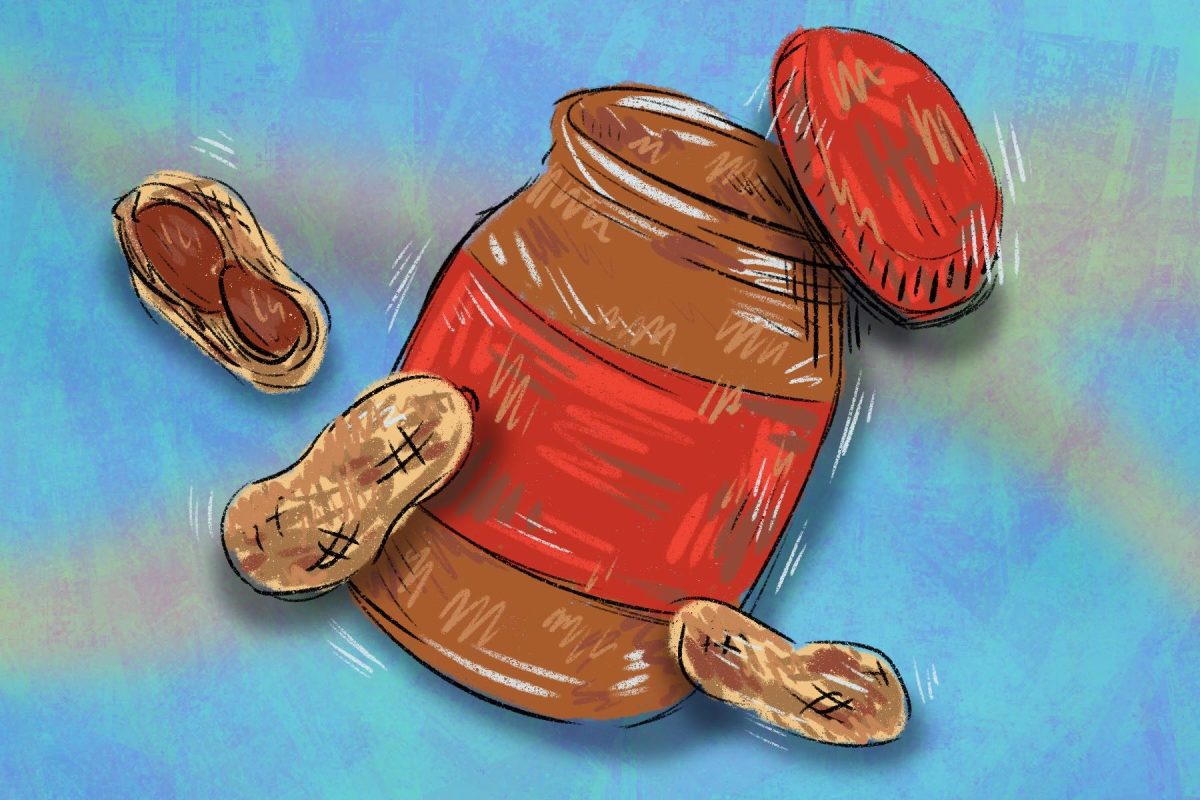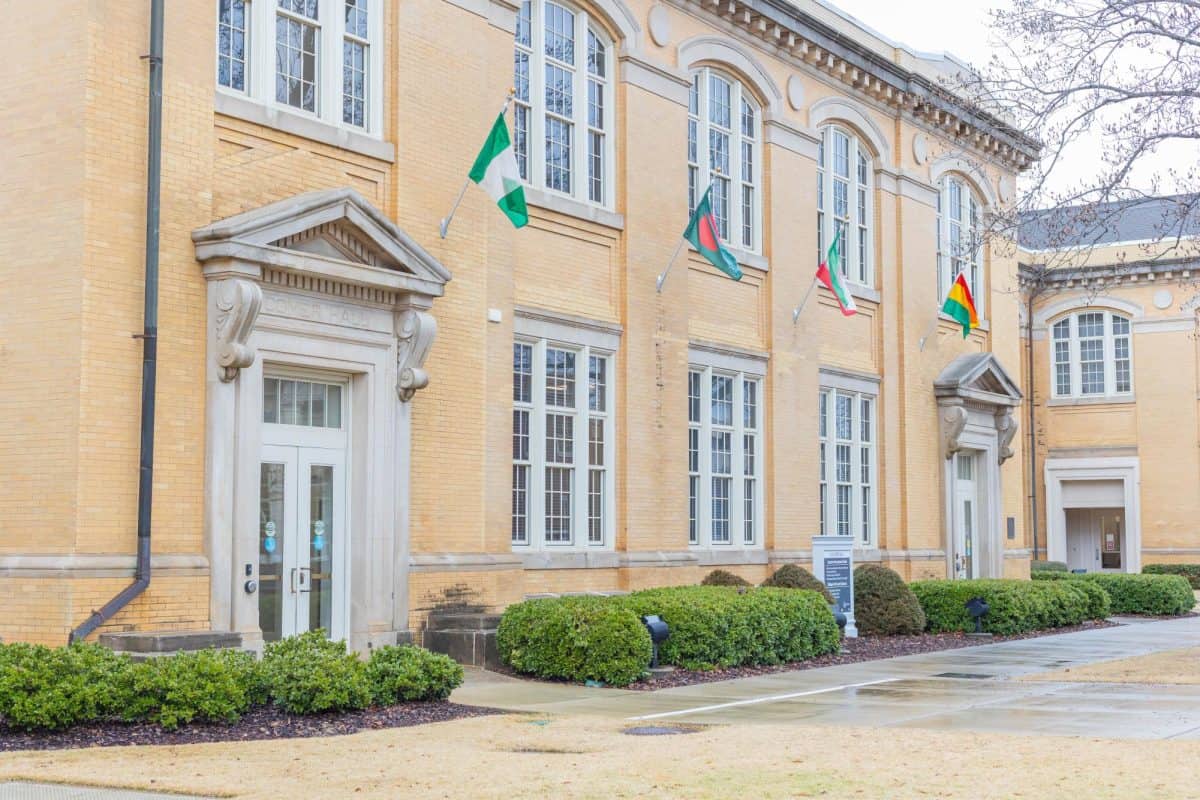When a student receives more in scholarship money than the cost of tuition, textbooks, housing and other miscellaneous expenses, he or she gets a check from the University. It may seem like a simple practice, but it’s one several universities across the Southeast morally oppose.
We believe this is cause for a review of the University’s practice, and while we believe the lack of a policy preventing stacking has helped the University, it’s ultimately unsustainable.
The multiple scholarships a student can receive may come from a number of sources – national groups, the government or even all from the University itself. The possibility of stacking these makes for an effective recruiting point for high-caliber prospective students. If you come here, the University effectively says to its top recruits, and you’re awarded an amount of scholarship money that outweighs the costs you face, you get to keep the extra money. This is less an oversight in the University’s accounting, less an example of UA students tricking the system to profit and more an intentional decision by the administration to attract the highly sought-after recruits who could profit from stacking scholarships.
Scholarship stacking may be an effective recruiting tool, but it is also an ineffective way to produce the growth in quality the University needs right now.
The Crimson White has reported for two years on a widespread trend among students that characterized, to many, the later years of Robert Witt’s tenure as president. Students have time and again told a variation of a single, basic story. They were heavily recruited by the University and offered benefits they couldn’t refuse, and once they arrived on campus, they became “just a number.”
We feel scholarship stacking has contributed to this.
The recruiting tactic has indeed paid off in some ways. We should welcome every freshman National Merit Scholar with more than just a sense of Southern hospitality – each new, highly-recruited student that matriculates makes our degrees more valuable by increasing the University’s academic prestige. That is, when you look at the numbers: GPAs, ACT scores, National Merit finalists and more, all are steadily improving.
But better numbers and scores, even when coupled with growing prestige, do not translate to a better student experience and higher quality education. Allowing students to stack scholarships does not produce new student initiatives. It doesn’t attract high-profile professors or student-centered administrators.
Worst of all, it does nothing to ease the financial burden the majority of students bear after steady tuition increases.
Allowing the practice to exist as a recruiting tool only speaks to a larger issue at Alabama – the inability or unwillingness on the part of the administration to address lingering issues facing all students. The University should focus on student concerns about class sizes, student housing and social issues. Resolving issues like these would make Alabama more competitive in terms of student life and academics, which could in turn draw more students than the University could ever attract by indefinitely continuing to allow scholarship stacking.
Our View is the consensus of The Crimson White editorial board.








